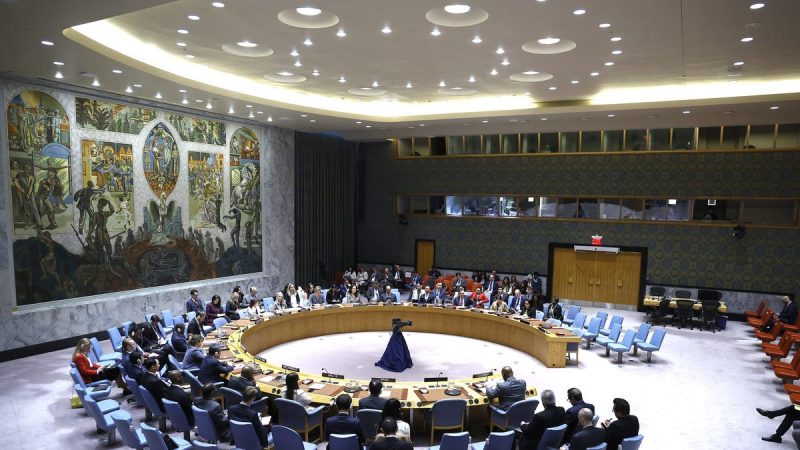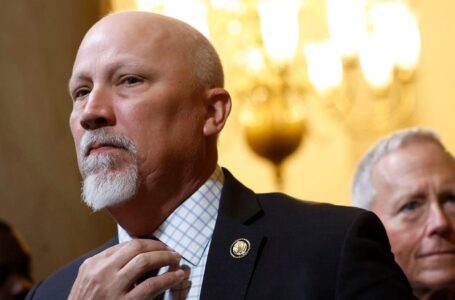Yemen’s Houthis free crew of Red Sea cargo ship after 14 months in captivity
Biden supports bringing adversarial nations into new UN cyber crime alliance


The Biden administration will support a U.N. treaty this week that will create a new cybercrime convention that includes China and Russia — which has not sat well with some lawmakers and critics.
Since 2001, the global governance around cybercrime has largely been coordinated by the Budapest Convention, a product of the Council of Europe that includes 76 countries. It does not include Russia or China. However, under the U.N.’s new cybercrime convention, these two adversarial nations will be welcomed into the global cybercrime governance fold.
The move, confirmed by top officials familiar with the issue, has been met with concern from those who fear that a new global alliance on cybersecurity involving two of the nation’s most adversarial nations could spell trouble.
‘We recognize that defending human rights and core principles of internet freedom is not easy,’ a group of Democratic lawmakers on the Hill wrote last week to top officials in the Biden administration, including Secretary of State Antony Blinken, Attorney General Merrick Garland and Assistant to the President for National Security Affairs, Jake Sullivan. ‘Russia, China and other regimes opposed to democratic freedoms are always working to create international legitimacy for their actions and worldview … Unfortunately, these efforts – while laudable – are insufficient to fix fundamental flaws in the convention.’
The decision to support the new treaty came after months of deliberations between the Biden administration and others, including hundreds of nongovernmental entities involved in human rights and other relevant issues. According to a senior administration official, the U.S. ‘decided to remain with consensus,’ arguing the U.S.’s sway on global ‘rights-respecting’ cybersecurity policy will be greater under the new convention.
To help address concerns that have been raised about the convention, the Biden administration plans to develop a risk management plan and will engage with nongovernmental stakeholders to help refine it.
A ‘consensus proceeding’ took place Monday, and the resolution was approved without a vote. According to Politico, it is expected to be adopted by the General Assembly later this year.
Meanwhile, President-elect Donald Trump announced on Monday that he would be nominating New York GOP Rep. Elise Stefanik to be the next U.N. ambassador in his administration.
The White House declined to comment on the record for this story.











